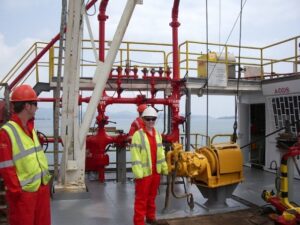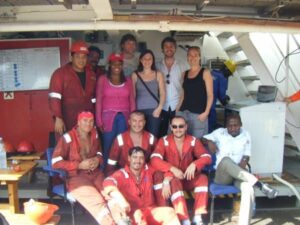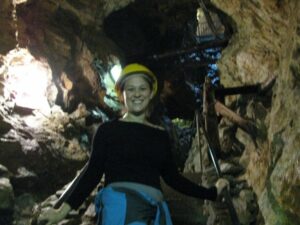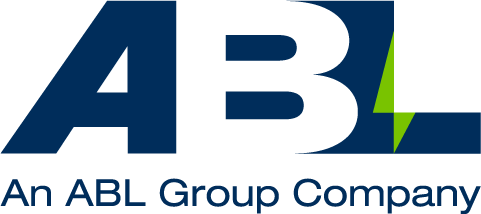Int. Day of Women & Girls in Science: Catherine Bradley, Lead Geotechnical Engineer
Today’s 6th International Day of Women and Girls in Science is focussed on the theme ‘Beyond Borders’ – equality in science for society, with special emphasis on the value of social aspects and cultural dimensions in Science, Technology and Innovation to enhance sustainable development.
To mark the occasion, we asked three of LOC’s female scientists about their experiences working in technology and science and the advice they would give to girls considering it as a career path.
Catherine Bradley, Lead Geotechnical Engineer, Longitude Engineering Newcastle, shares her thoughts:
1. What area of science do you specialise in, and what made you go into it?
Geotechnical Engineering, I studied geology as part of my A levels and really enjoyed getting my hands dirty, getting out on fieldtrips and  learning about all the processes involved in forming the Earth as we know it. It was fascinating to learn about the soils and rocks all around us that we take for granted, and realising that geosciences were always evolving and new things being discovered all the time. It was exciting to think I could be a part of understanding what we know about in the world.
learning about all the processes involved in forming the Earth as we know it. It was fascinating to learn about the soils and rocks all around us that we take for granted, and realising that geosciences were always evolving and new things being discovered all the time. It was exciting to think I could be a part of understanding what we know about in the world.
2. What for you, is the most exciting aspect of a career in applied science?
The hopes I had when I was 18, about being a part of a new and evolving science subject have come true. I have applied my knowledge in geology and use it to understand seabed risk, working as a geotechnical engineer within the offshore wind industry. Everyday this industry is evolving and new technologies are coming to the market. Every project is different and requires new thinking to ensure sound geotechnical design. Through my career I have travelled to many places throughout the world and worked with all kinds of people. The industry allows you the flexibility to chose whether you work in an office or out in the field, or a mixture of both, and there is always something new to learn.
3. What advice do you have for girls and young women today considering a future in science?
 Do it! From my experience it is a great opportunity to work in a fast paced, ever changing industry where you will have opportunity to really make your mark. I have been in the industry all my life and seen and worked in many places and worked with a wide range of people. I have met my husband, also in the industry, and balanced my homelife and having two children whilst working in geotechnical engineering. There is lots of opportunity and flexibility to make your career what you want it to be, and working in an industry where you can look out of the window and see the wind turbines you have helped install makes it a very rewarding career choice and something you can be very proud of.
Do it! From my experience it is a great opportunity to work in a fast paced, ever changing industry where you will have opportunity to really make your mark. I have been in the industry all my life and seen and worked in many places and worked with a wide range of people. I have met my husband, also in the industry, and balanced my homelife and having two children whilst working in geotechnical engineering. There is lots of opportunity and flexibility to make your career what you want it to be, and working in an industry where you can look out of the window and see the wind turbines you have helped install makes it a very rewarding career choice and something you can be very proud of.
4. Science is central to the success of today’s energy transition journey….what would you like to see take place to accelerate the fight for climate change?
Living in the northeast I saw the effects of the decline of the coal industry, and for a long time work along the Tyne appeared to have largely  dried up. Recently this has changed and it is exciting to see the local ports and infrastructure once again gearing up to supply the renewables industry. There is so much more however than can be done and I would welcome more efforts to ensure the full supply chain is represented in the northeast, and the UK, creating jobs, and reviving the great skill sets we have, and of course safeguarding our future in clean energy.
dried up. Recently this has changed and it is exciting to see the local ports and infrastructure once again gearing up to supply the renewables industry. There is so much more however than can be done and I would welcome more efforts to ensure the full supply chain is represented in the northeast, and the UK, creating jobs, and reviving the great skill sets we have, and of course safeguarding our future in clean energy.
